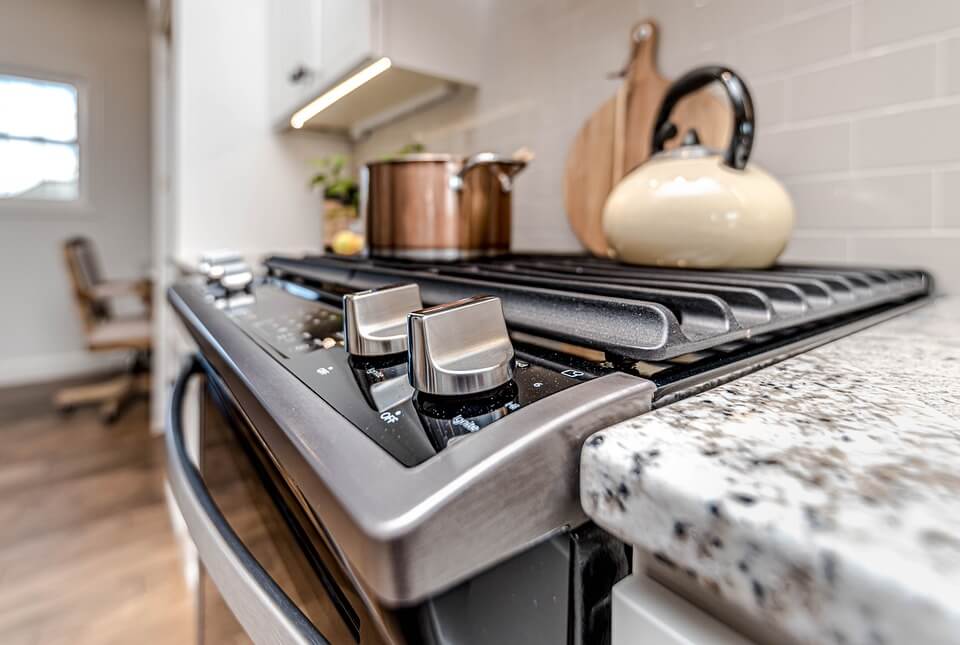Whether you’re buying a new device or appliance or replacing an old one, you always have to worry about the long-term cost. Though we tend to think of costs in terms of the initial purchase price, just as important are the concepts of energy and waste. If we’re trying to stay green, we need to balance each of these aspects as best we can, to ensure outcomes best for both us and our environments. This can be a complicated process, where each system needs its individual concerns taken into consideration before customers make a purchase.
At the very least, adopting a more careful approach could save the landfill from another discarded machine. At best, you could save hundreds of dollars over a device’s lifespan in the utility costs we’ve covered at Eat Happy Project before. So, what do you need to keep in mind?
For Every Purchase
Before looking at the minutia, it’s the expected lifespan of a product that can matter the most. Since you’re probably buying new, this can be tricky, since newer devices haven’t yet had the chance to demonstrate their longevity. There are some crowdsourced ways to conclude, however.
One of the most reliable methods is to check on websites like Consumer Reports. Offering an average predicted reliability score between 1-100, this service works off user data to inform new buyers which brands are the best for different devices. IKEA, for example, is rated excellent in reliability for dishwashers, but their electric wall ovens are considered poor. As a starting point, this could help you narrow down what you need, as you move on to changing how you use your new systems.
The Specifics
Each device and appliance have different needs, and each can be broken, become inefficient, or have its life expectancy reduced significantly through common mistakes. We’ve seen this happen most often with ovens, thanks to incorrect ‘life hacks’ or general misuse. As explored by Eating Well, putting foil at the bottom of your oven can make cleaning easier, but it can also interfere with heating, making cooking times take longer and rendering recipe instructions unreliable. Another common mistake is relying too heavily on the self-cleaning option, which can heat the oven up to 600 degrees, wasting energy and placing unnecessary strain on the system.

Washing machines are another area where bad practices can have harmful outcomes if they’re adopted into regular use. It might seem contradictory, but one of the best ways to manage the health of your washing machine is to keep it physically clean. Tips Make points out that this can reduce bacteria build-up, which can ruin wash cycles and encourage additional cleaning. You should also be sure not to overload the machine, as this can place stress on the motor and reduce the machine’s lifespan.
With digital devices, the best practice to ensure longevity is to manage the load you put on the hardware. For a smartphone, for example, Casino Betway games like Aztec Falls and Vegas Cash are small enough that most devices can be left on in the background without causing problems. The same is true on PCs for general browsing and playing online games like the free chess matches available on Lichess. Leaving a system running a demanding application like a video game, however, will push the system harder, using more energy and wearing out the hardware faster. This is especially a problem when it comes to battery life on portable devices.
From the offices we’ve covered at Eat Happy Project to the wider home environment, tying the little things together with smart systems could also be a path worth considering. Properly implemented, smart tech can manage scheduling for the most efficient times, warn the user of issues, and others cut down on usage and waste. It can be a little complicated to start with, but smart tech has come a long way in the last decade, and it’s easier for the average user to manage now than ever before.
![]()
We’ve covered the simple little things at Eat Happy Project before, but with these more direct options, you’ll have another way to add longevity to the systems that keep your home running. It might be a little inconvenient, but doing the right thing often is, and over the years, the environment will thank you for it. You just have to remember to turn your autopilot off from time to time, to look at how you buy and manage your home, and you could be left wondering how it took you this long to make a change.

